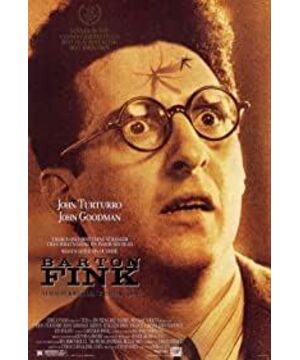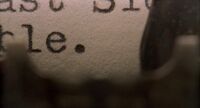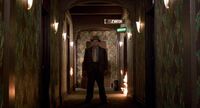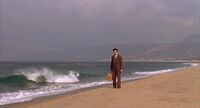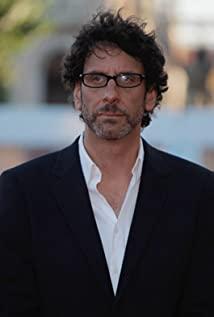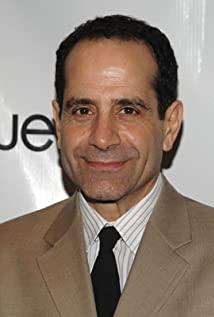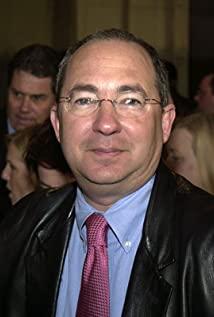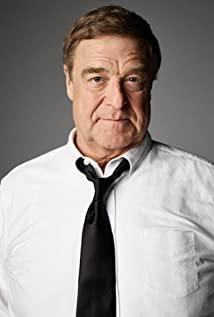Regarding the connotation of this film, I believe there are many different levels of interpretation. The bizarre encounters that appear in the play can be regarded as the protagonist's imagination and daydreams, or they can be regarded as real events. Both explanations make sense, because the director did not leave clues between reality and fantasy like Lynch did. The Coen brothers deliberately blended real and fictional scenes, which naturally fits perfectly with the protagonist's screenwriter status.
In my opinion, the director's focus is not on this kind of trick. The Coen brothers adopted the background of this story, which took place in Hollywood in the 1940s, perhaps to reveal that the status of screenwriters has been difficult to be taken seriously: at one time they were regarded as a cash cow by producers, at one time they were ruthlessly reviled and abandoned by their picky bosses. A chess piece in Hollywood's business operations, after all, must serve the business taste and the will of the boss, and is far from the creator mentioned in the protagonist's play, let alone the creator. From this point of view, the director's irony is quite successful, not only satirizing the big producer businessman and the entire Hollywood operating system, but also mocking himself at the end.
Naturally, the various difficulties and dangers encountered by the screenwriter in the creative process are difficult for ordinary people to understand. The source of inspiration is the biggest obstacle. This point is that the director uses a rather terrifying symbol to attract attention, and it still makes me feel Obscure. But for the members of the Cannes jury that year, this may just be to their taste, especially the master of the sword like Polanski.
View more about Barton Fink reviews


